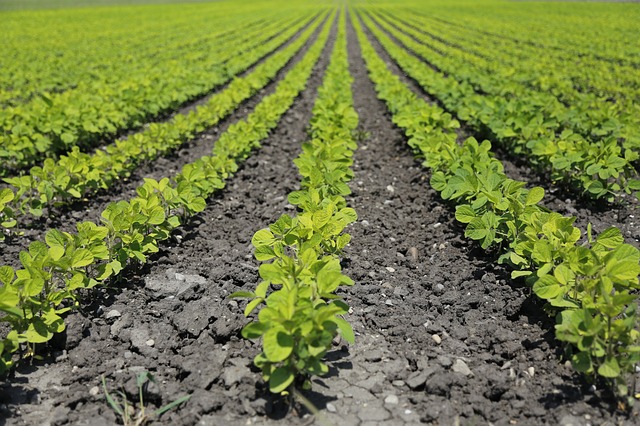Nearly 70% of non-organic produce sold in the United States contains pesticide residue, according to the Environmental Working Group (EWG). Every year, the EWG ranks pesticide residue levels of fruits and vegetables based on samples taken by the U.S. Department of Agriculture and the Food and Drug Administration, publishing the results in the Shopper’s Guide to Pesticides in Produce.
Included in the report is a list of the most pesticide-tainted produce, which is known as the “Dirty Dozen™.” For 2021, the following were on this list:
- Strawberries
- Spinach
- Kale, collard and mustard greens
- Nectarines
- Apples
- Grapes
- Cherries
- Peaches
- Pears
- Bell and hot peppers
- Celery
- Tomatoes
In addition to the Dirty Dozen, the EWG publishes the “Clean Fifteen™,” highlighting the “cleanest” produce. For 2021, avocados and sweet corn topped the list of the cleanest conventionally-grown produce you can purchase:
- Avocados
- Sweet corn
- Pineapples
- Onions
- Papayas
- Sweet peas (frozen)
- Eggplant
- Asparagus
- Broccoli
- Cabbage
- Kiwis fruit
- Cauliflower
- Mushrooms
- Honeydew melon
- Cantaloupe
What Can You Do?
Most Americans aren’t eating enough fruits and vegetables daily. Don’t let the Dirty Dozen scare you away from eating fruits and veggies—all properly handled fresh produce, whether organic or not, is believed to be safe to eat.
To remove any pesticide residue, simply wash your fresh produce under running tap water for 30 seconds. If you’re still uneasy about pesticides, buy the frozen or canned versions of your favorite produce as an alternative option. Frozen fruits and vegetables are just as nutritious for you, so find what works best for your household. If you have any questions or concerns, talk to your doctor.
The following guidance is from FoodandHealth.com:
Food Safety 101:
Even organic produce needs to be handled safely in order to prevent foodborne illness. The U. S. Department of Health and Human Services recommends these food safety strategies for both conventional and organic vegetables and fruit:
- When purchasing fresh fruits and vegetables, bag them separately from meat, poultry, and seafood products.
- Store perishable fresh fruits and vegetables (like strawberries, lettuce, herbs, and mushrooms) in a clean refrigerator at a temperature of 40° F or below.
- Refrigerate all produce that is purchased pre-cut or peeled.
- Wash your hands for 20 seconds with warm water and soap before and after preparing fresh produce.
- Cut away any damaged or bruised areas on fresh fruits and vegetables. Produce that looks rotten should be discarded.
- All produce should be thoroughly washed before eating. Wash fruits and vegetables under running water just before eating, cutting, or cooking. Washing fruits and vegetables with soap or detergent or using commercial produce washes is not recommended.
- Many pre-cut bagged produce items like lettuce are pre-washed. If the package indicates that the contents have been pre-washed, you can use the produce without further washing.
- Even if you plan to peel the produce before eating, it is still important to wash it first.
- Scrub firm produce, such as melons and cucumbers, with a clean produce brush.
- Dry produce with a clean cloth towel or paper towel to further reduce bacteria that may be present.
Copyright foodandhealth.com, reprinted with permission

